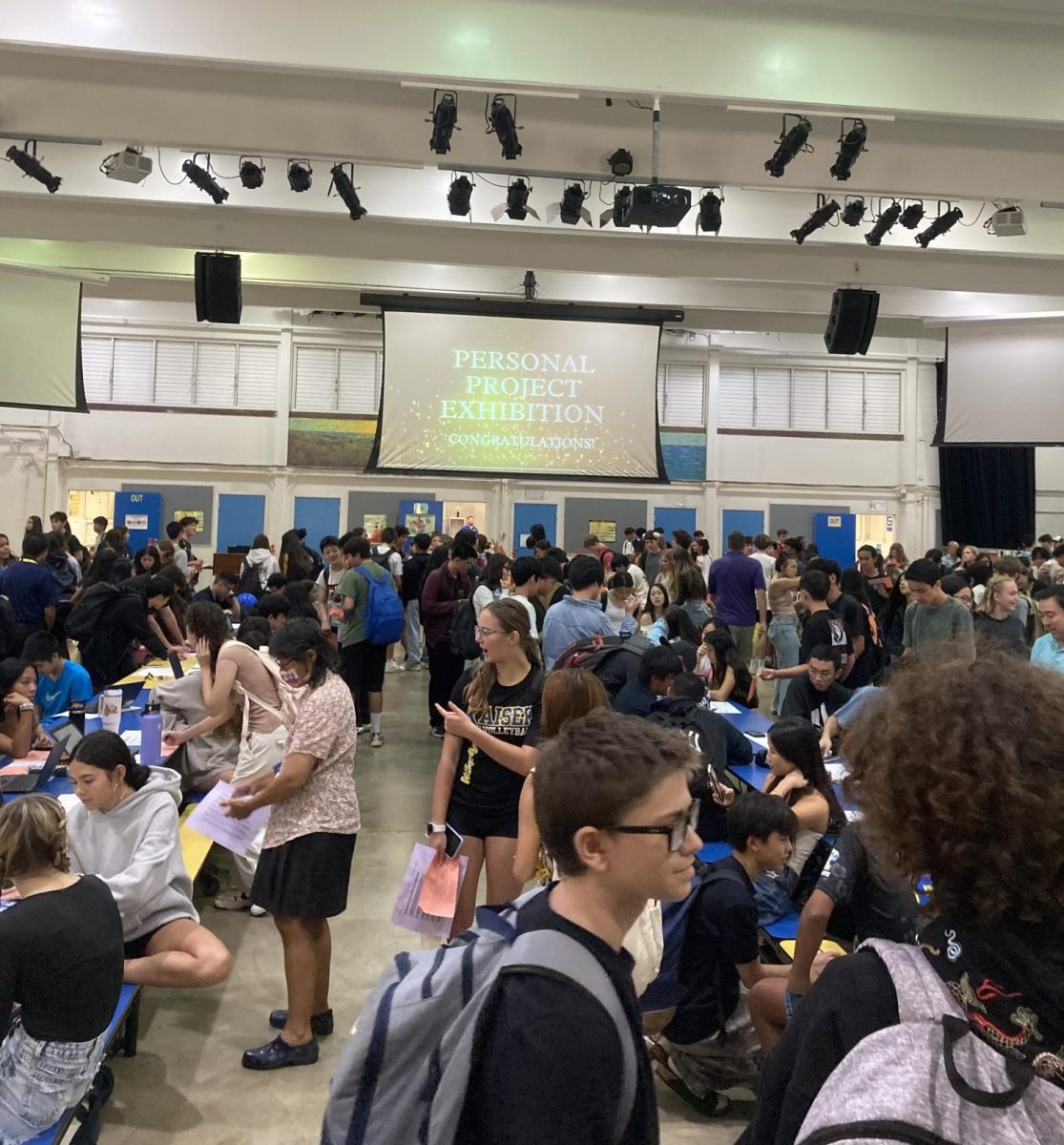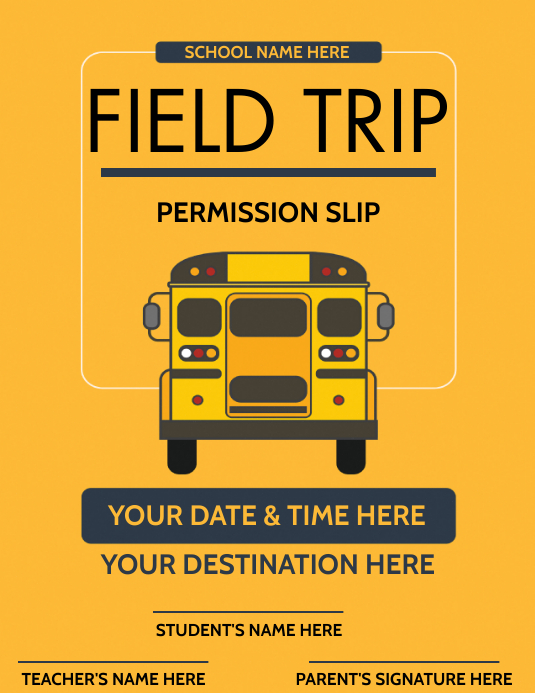The Importance of field trips
November 14, 2022
For many students in the United States, field trips frequently result in memorable experiences. Both parents and teachers may understand the thrill of a day spent learning, engaging, and exploring outside of the classroom. Students gain knowledge from basic topics as well as first-hand exposure to art, music, and culture, which helps them become well-rounded members of their communities.
According to Nea Member Benefits; “The study found that regardless of gender, ethnicity or socioeconomic status, children who take school trips have better grades (59%), higher graduation rates from high school (95%) and college (63%) and greater income (12% higher annually).”Students who directly participate during a field experience generate a more positive attitude about the subject. Many researchers such as (Hudak, 2003; Kisiel, 2006a; Mawdsley, 1999; Michie, 1998; Nadelson & Jordan, 2012; Scarce, 1997; Scribner-MacLean & Kennedy, 2007), have investigated that students gain knowledge and learning that occurred during field trips.
In Kaiser High School, although there are always fun class days per grade each year, it’d be more beneficial for students to experience field trips that we don’t have to pay for, but rather as a part of a class or an interactive enrichment activity that helps students breathe life into something that appears rather difficult at first. Without the confinement of a classroom, it can help students get to know each other in a more laid back setting.
In a recent study, researchers divided over 1,000 Atlanta fourth and fifth grade students into two groups. Students in one group went on three to six “culturally enriching” field trips, including visits to an art museum, a live theater performance, and a symphony concert, while students in the other group stayed in class. According to a ScienceDaily brief, the outcome ended up being that students in the field trip group “scored higher on end-of-grade exams, received higher course grades, were absent less frequently, and had fewer behavioral infractions” than students in the control group.
The only problems with these field trips is if they were costly, and although field trips can be expensive, it’d be best to have them regardless because we want students to develop skills that will last for their lifetime. Even if there is no admission fee, financial constraints place a strain on the educational system. Our school is very capable of using school funds and could have fundraisers to provide enough budget for field trips. When it comes to education, we must put students first and foremost. Field trips at our school should not be excluded for the rest of the year because they allow students to learn in new environments and enrich the curriculum. Although technology and textbooks can educate to some extent, they cannot replace hands-on experience.


















